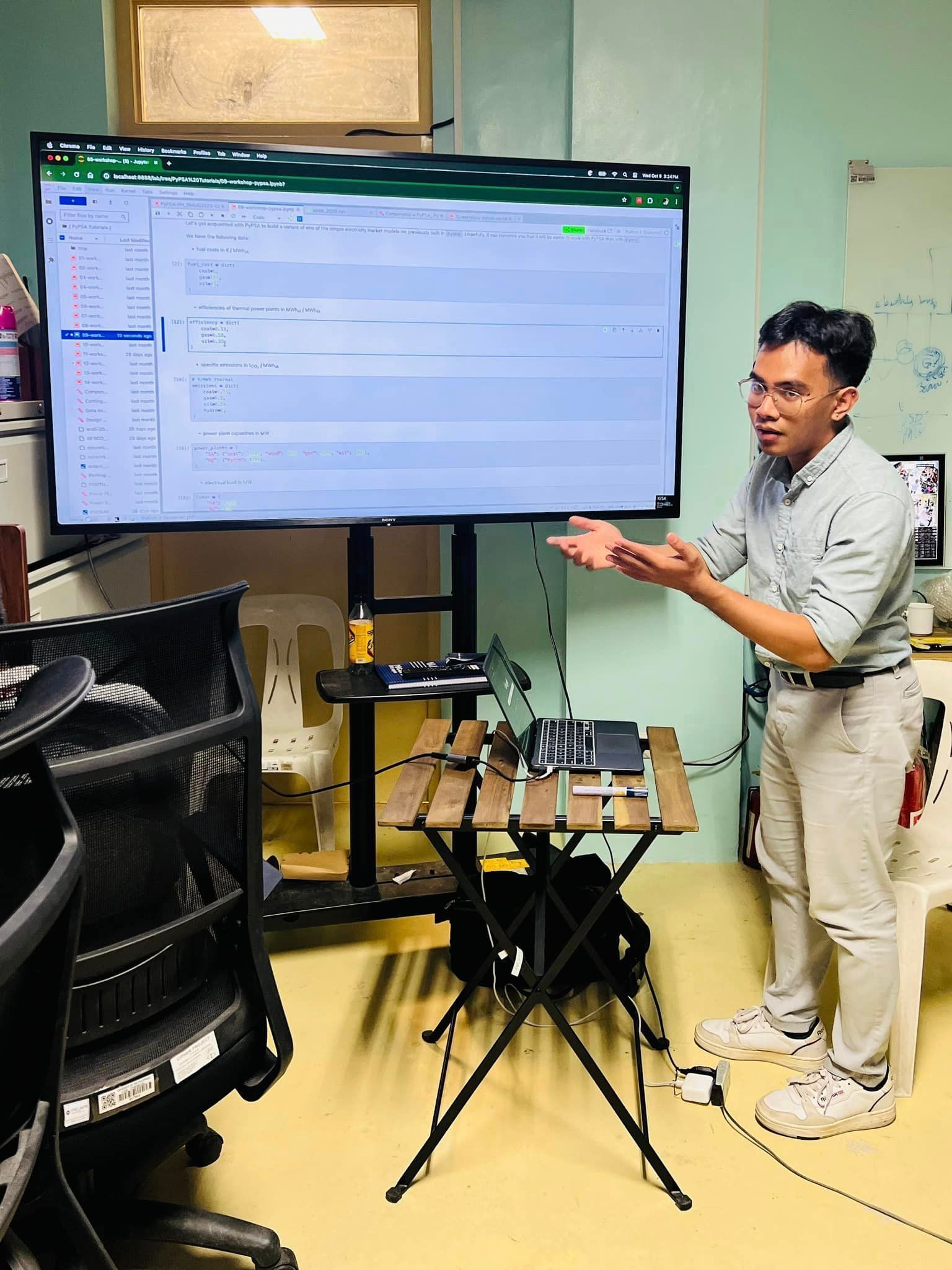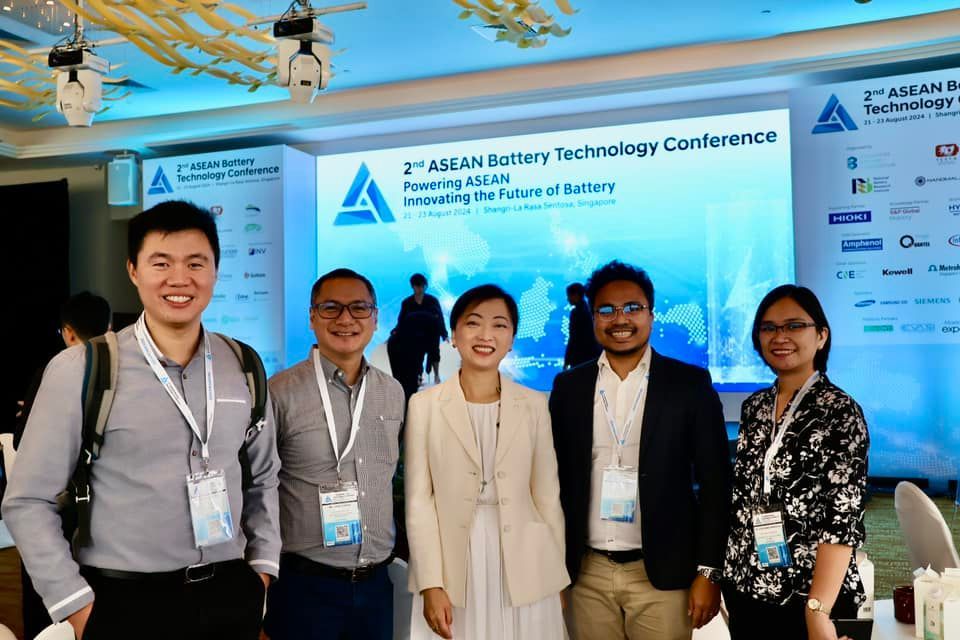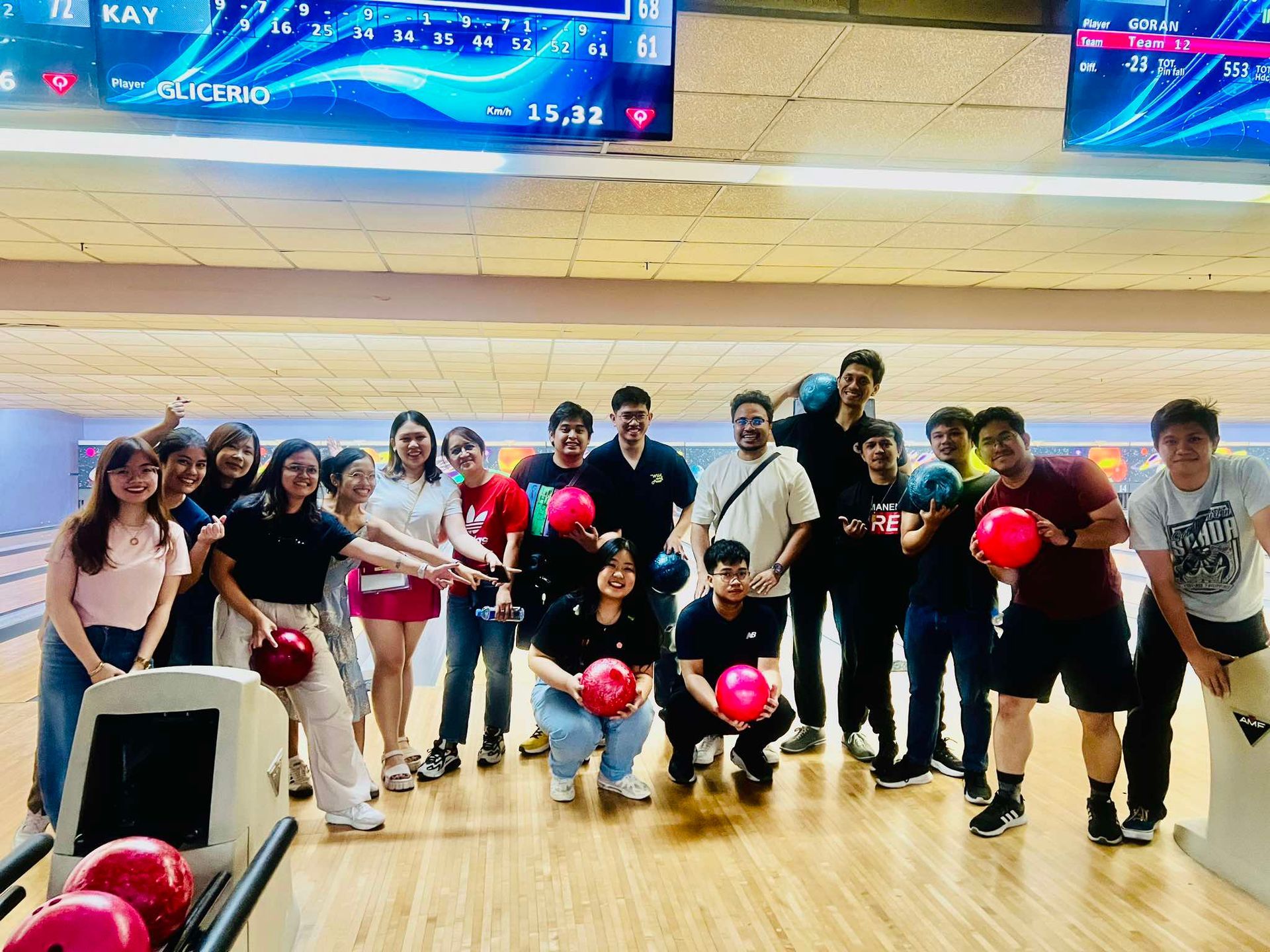LEE Members Attend APCChE 2019
Last September 23-27, 2019, Jim Futalan and Michael Castro attended the
Asian Pacific Confederation of Chemical Engineering (APCChE) 2019 in Sapporo, Japan.
The conference was an opportunity to present some of LEE’s research progress, meet with other chemical engineering students and professionals and learn what others are doing in their respective fields.
On the first day of the conference, Michael and Jim presented their group project NEXUS: A Simulation and Optimization Tool for Productive Use of Renewable Energy and Water Access Planning in Island Communities .
This is a project proposal wherein we pitch the creation of a resource planning tool that simultaneously optimizes the food, energy, and water resources in an off-grid island. This is important because food, water, and energy are interrelated; hence, they cannot be optimized separately.
The following day, Michael presented his research on the Comparative Technoeconomic Analysis of Desalination Technologies for Water Energy Nexus in Off Grid Islands. This is a conference presentation wherein he compared five different desalination technologies (electrodialysis, mechanical vapor compression, multi-stage flash, multi-effect distillation, and reverse osmosis) and their interaction with a hybrid electric system (solar PV + Li-ion + diesel). The water-energy system must supply the water and energy needs of an island.
Jim presented his research on oxygen adsorption on graphene and graphitic carbon nitride composite in contrast to using doped graphitic carbon nitride.
The weeks leading to the conference was nothing short of busy, on top of the coursework, Jim and Michael needed to do and revise posters and scripts.
We met a researcher from La Salle and we learned more about their BS-MS ChE program. We also learned about the academic and research culture there.
We also met an Australian delegate and we got to learn about the research culture in other countries. Their academic curriculum is more research-oriented than the one we have here in the Philippines. There is also more incentive to do research there.
The chemical engineering and research landscape is much better in other countries. One observation is that the industries there invest heavily in research and that people from the industry present their research alongside researchers from the academe. If the Philippines has to keep its chemical engineering industries afloat, research that is relevant to and is appreciated by the local industry is necessary.





